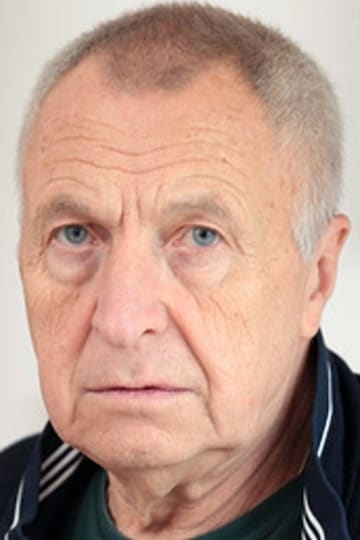
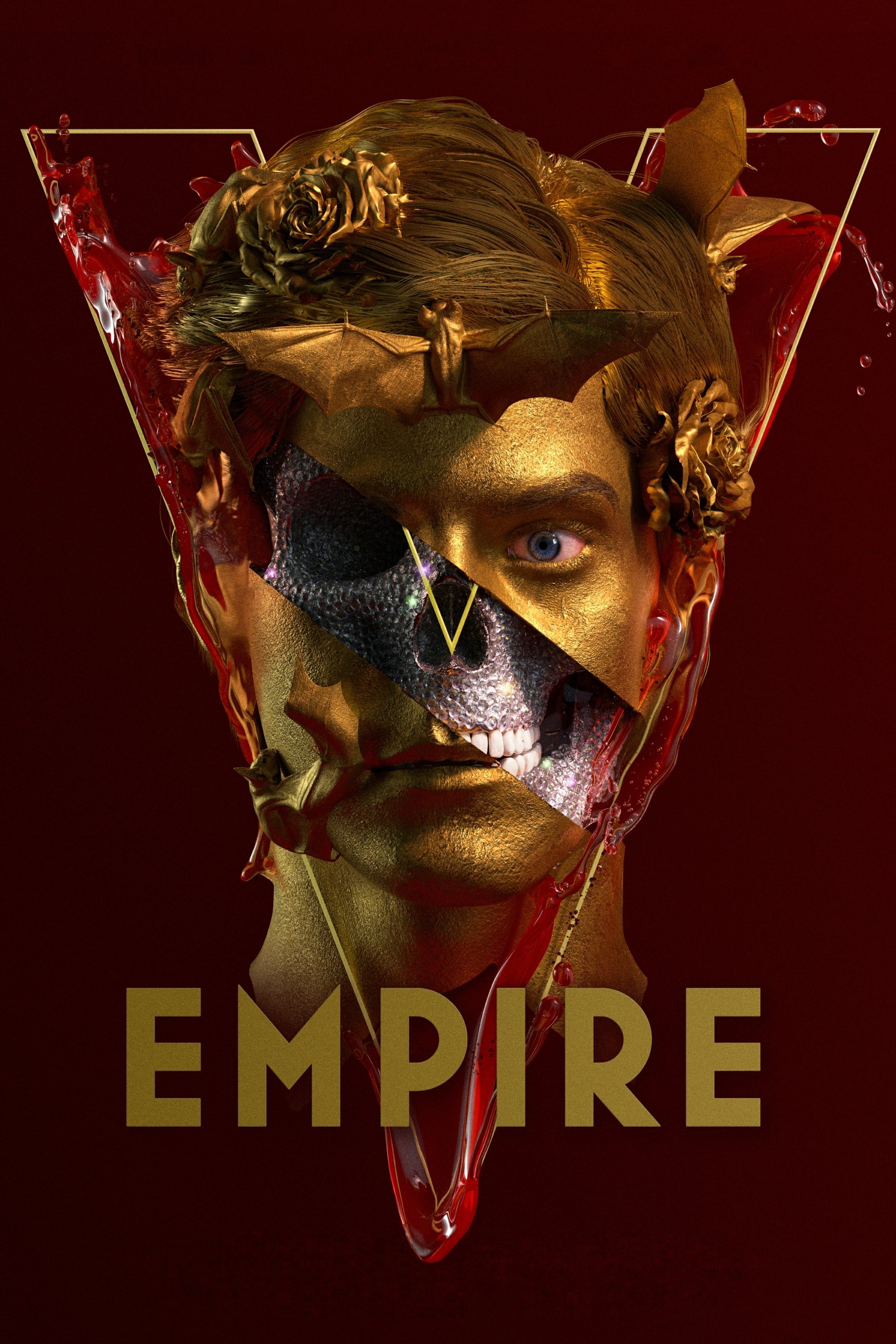
In modern-day Moscow, disaffected former journalism student Roman follows a cryptic invitation to join “the elite” and finds himself forcibly transformed into a vampire. But not your typical creature of the night. Thanks to a parasitical worm known as the Tongue, Roman (now called Rama) has become part of a ruling class of vampires who exercise an “anonymous dictatorship” over humans based not on a thirst for blood but the hunger for money. As various instructors school him in the ways of their elite breed, and Rama explores his new supernatural abilities, he begins a tentative relationship with another newly turned vampire, Hera. His desire for more knowledge about this intoxicating new world also leads him into potentially deadly conflict with Mithra, his mentor who becomes his nemesis.
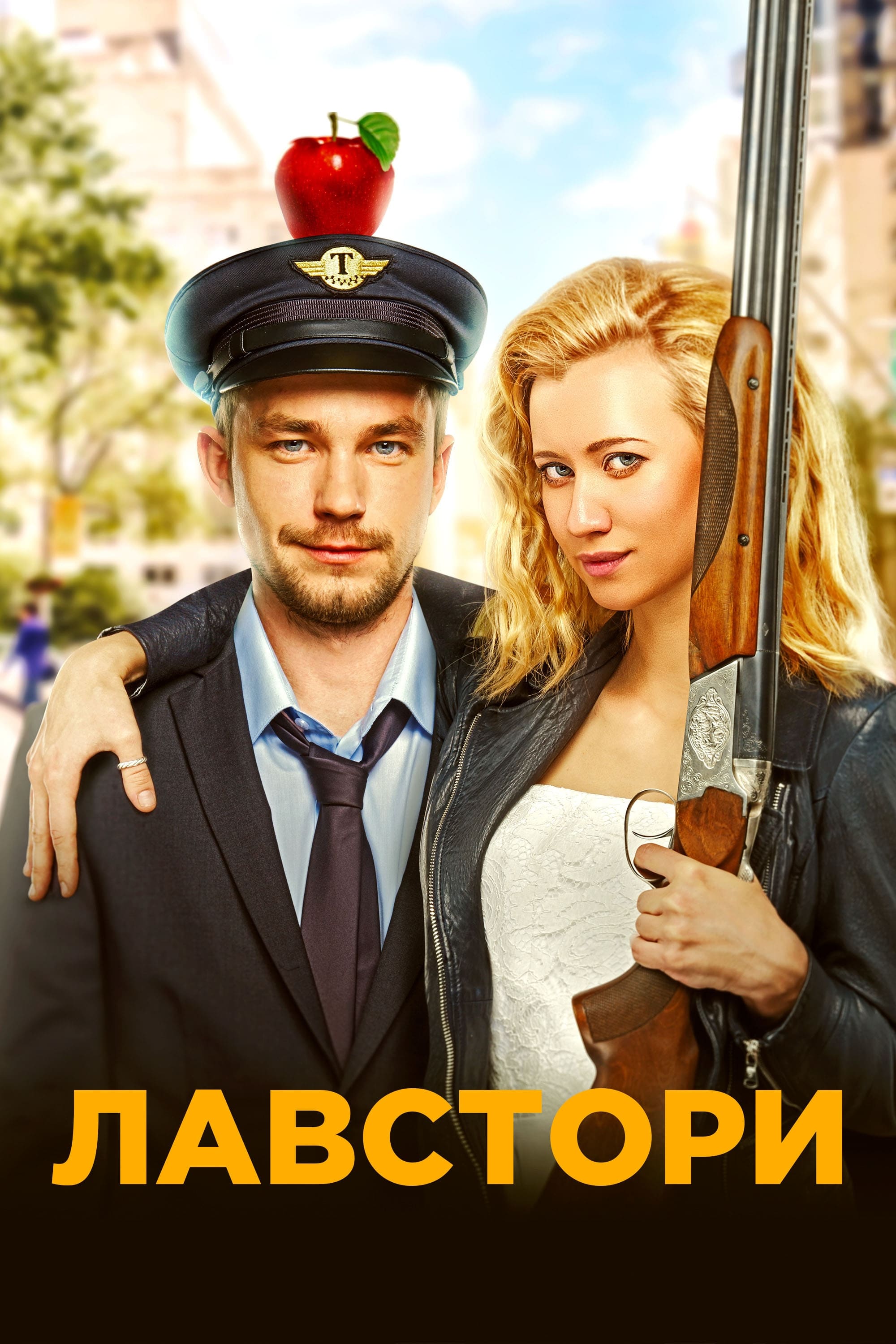
Taxi driver and unsuccessful actor Seva Gorelov accidentally meets his first love Masha Sokolova, once a young and carefree girl, and now a thirty-year-old spoiled kept woman. Seva works part-time in a taxi, and Masha accidentally becomes his client. To go far, to Sochi, to their homeland with Seva teenage love. Masha has a wedding there in a few days, but not with Seva, of course, but with a rich patron. From the very beginning it becomes clear that this journey will not end with anything good. 1600 kilometers of adventure, well flavored with humor, ambition, tears, resentment, flirting, passion and a great feeling, which again is out of place.
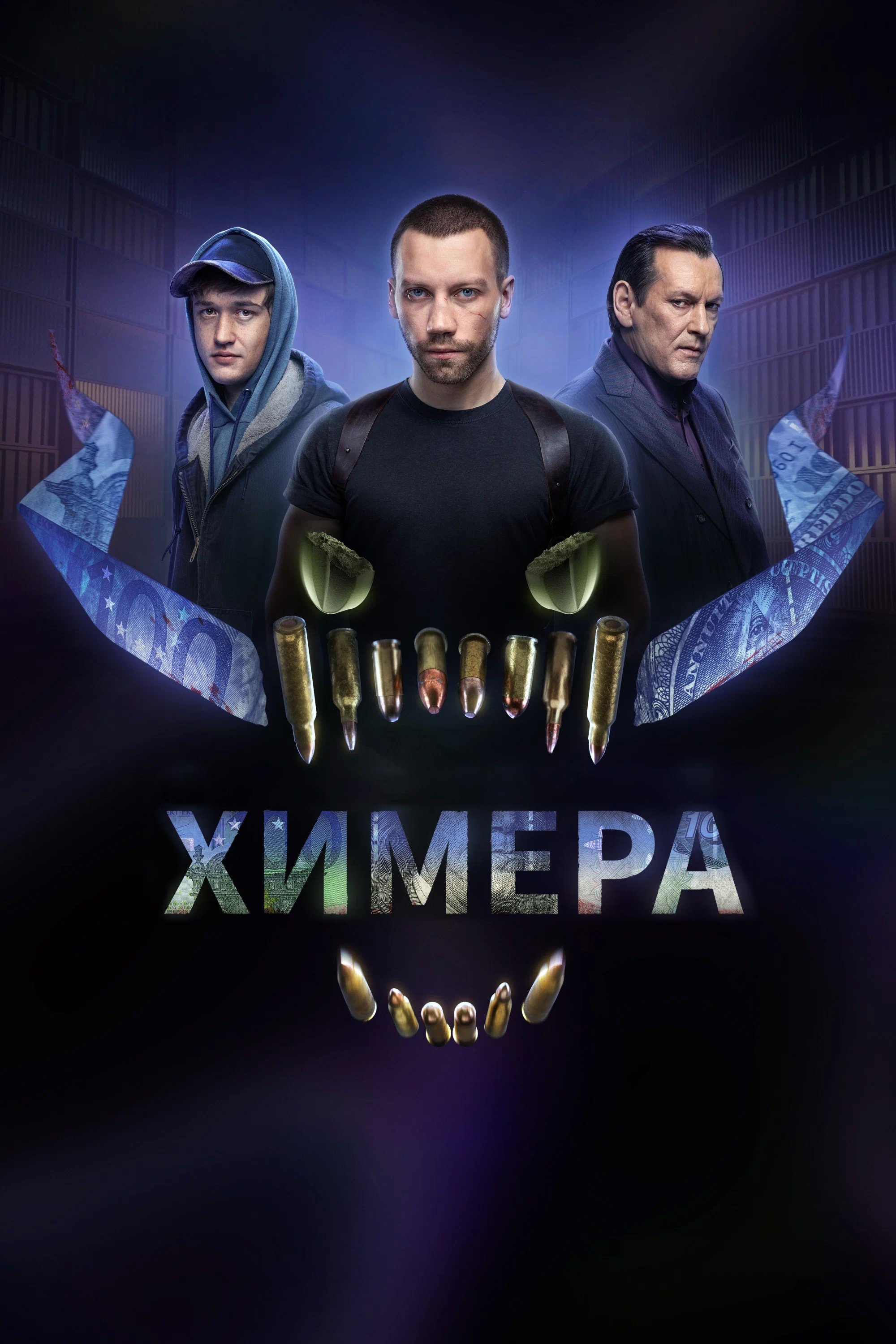
In 2012, the security forces won a large-scale war against drug trafficking. The largest shipments were intercepted and supply corridors from Afghanistan and Europe were paralyzed. But in just one year, a new one was created on the ruins of the largest underground market in Europe. And now modern technology and young geniuses have come here, turning the drug trade into a high-tech industrial industry.
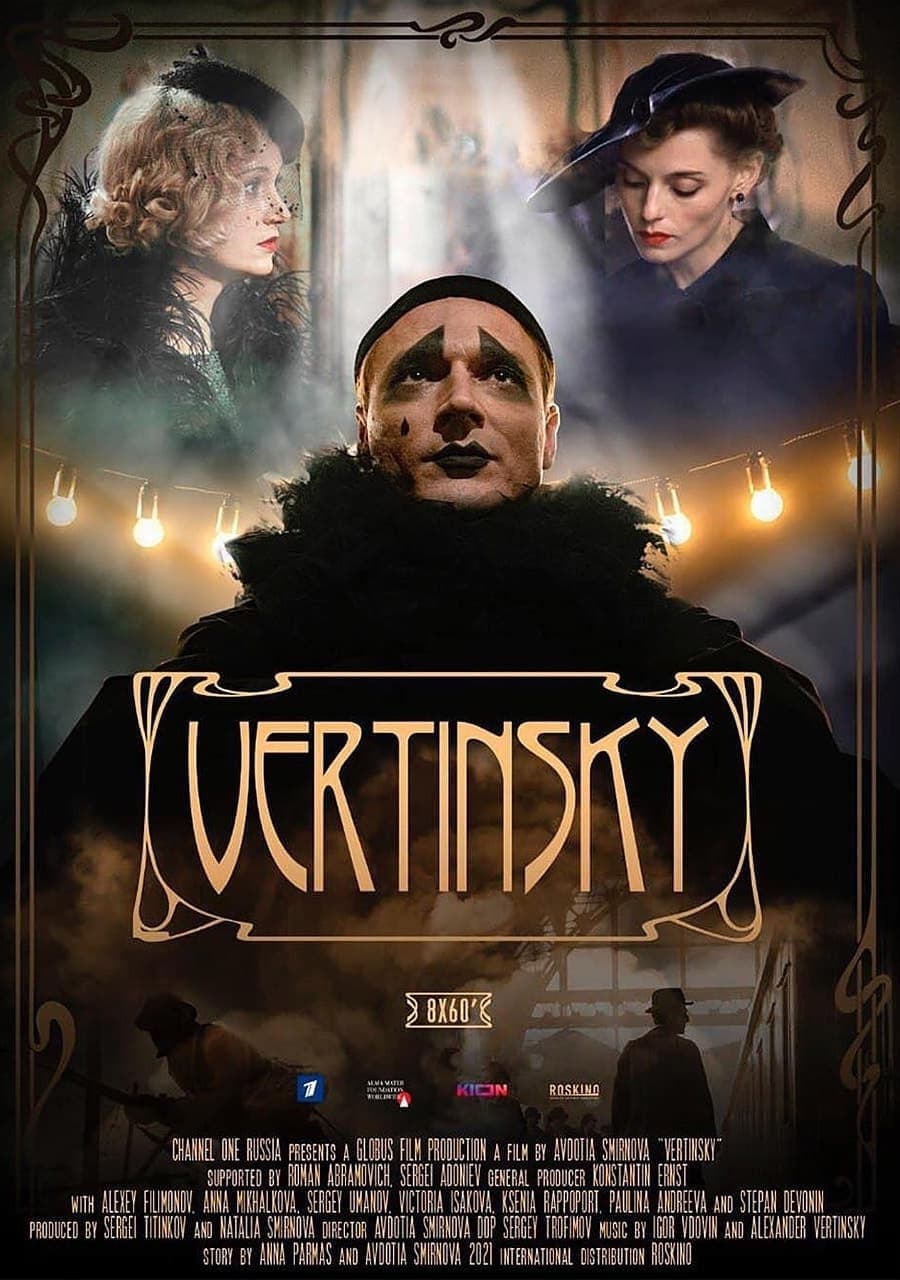
Biography of the most famous Russian chansonnier of the twentieth century. The story of the artist who left Russia in 1919 and returned to the USSR in 1943, in the midst of World War II. Vertinsky lived, sang and was popular in Constantinople, Paris, Berlin, New York, Los Angeles, Harbin, Shanghai and Moscow. He was loved by beautiful women, he was applauded by royalty and thieves. He was a bohemian man, light and cheerful. However, this picture is primarily about his kindness. About the ability not to judge, but to regret, to sympathize with anyone. And for this, fate gifted him with great success and late family happiness. This is a story about how a songbird, an artist, a frivolous creature can live a life that causes both envy and respect.
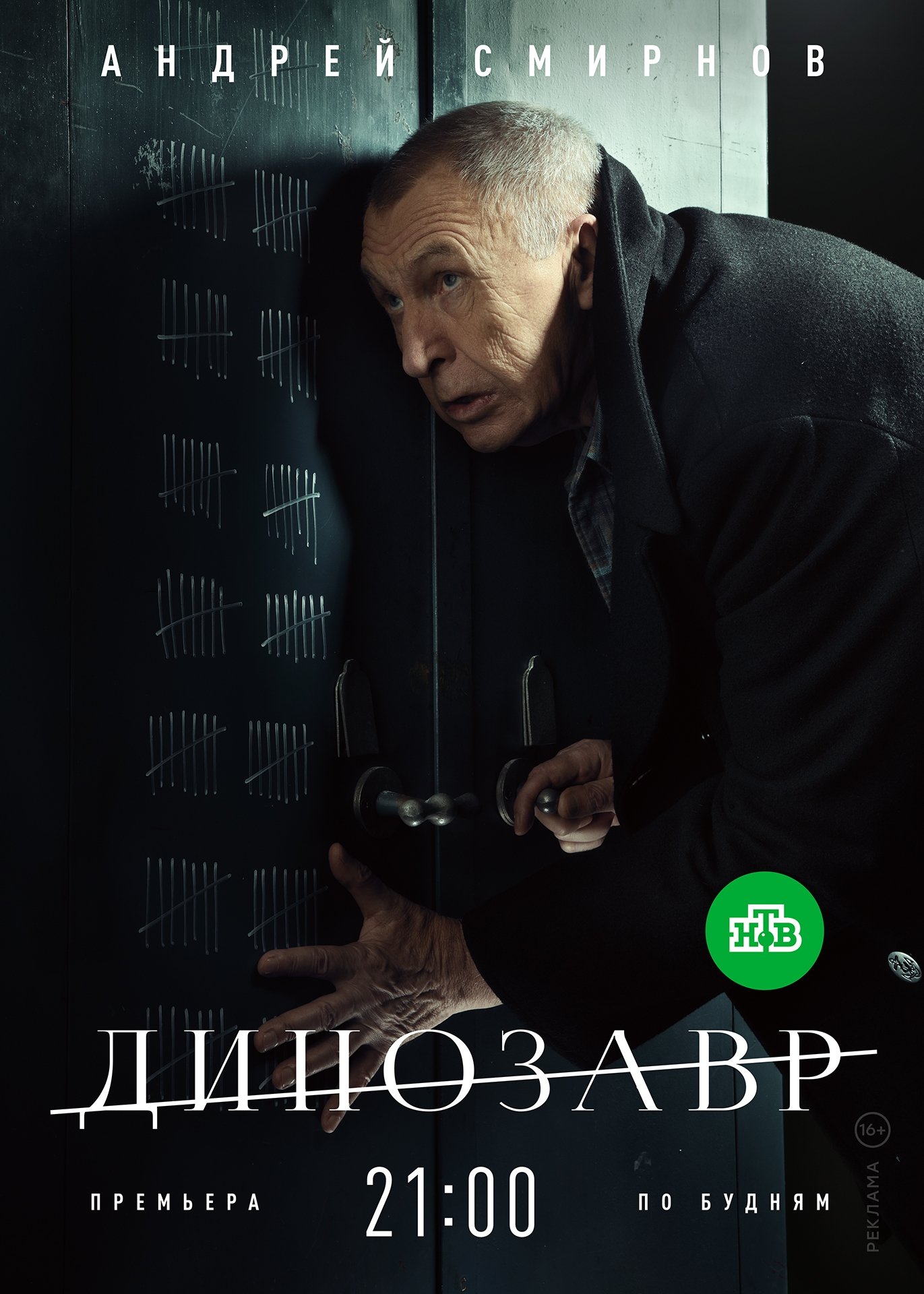
The elderly criminal authority Semyon Timofeevich Babushkin, about whose thieving talent legends were made up at the time, has not left prison for the last 35 years, preferring it to freedom, where he has no friends or relatives left.
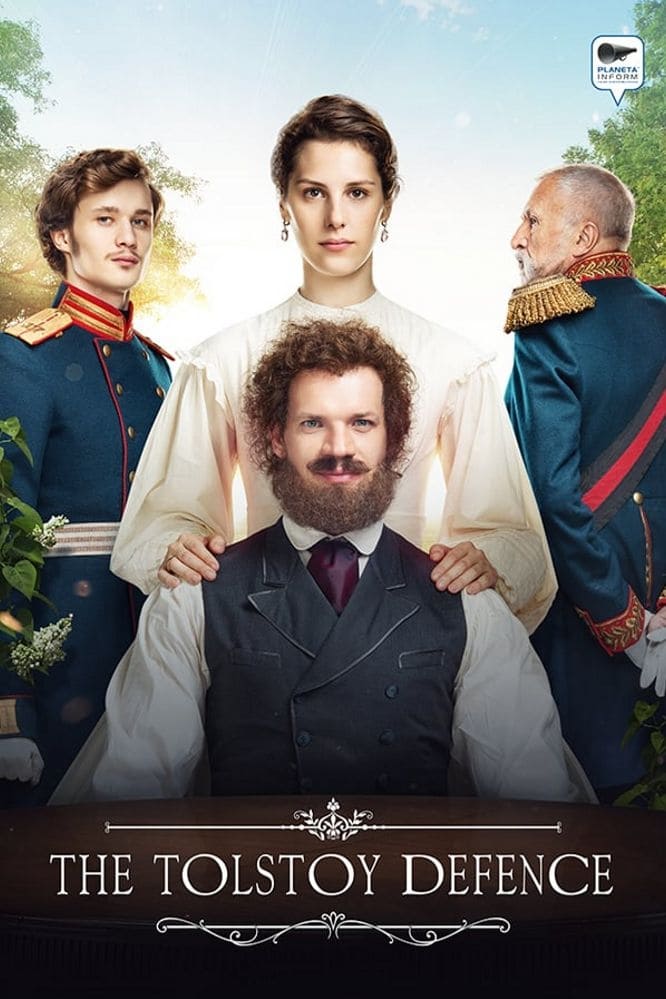
The shrill and tragic story about an event that involved Count Lev Nikolaevich Tolstoy. In an infantry regiment of the military based in the Tula region an offence occurs. In this regiment, the capital’s lieutenant Grigory Kolokoltsev — inspired by progressive ideas — does his service. A military tribunal and execution await the soldier charged with the offence. Kolokoltsev asks Count Tolstoy for help — and he decides to protect the innocent man. The pointed history about the complexity of choice and fidelity to one’s ideals is based on real events.
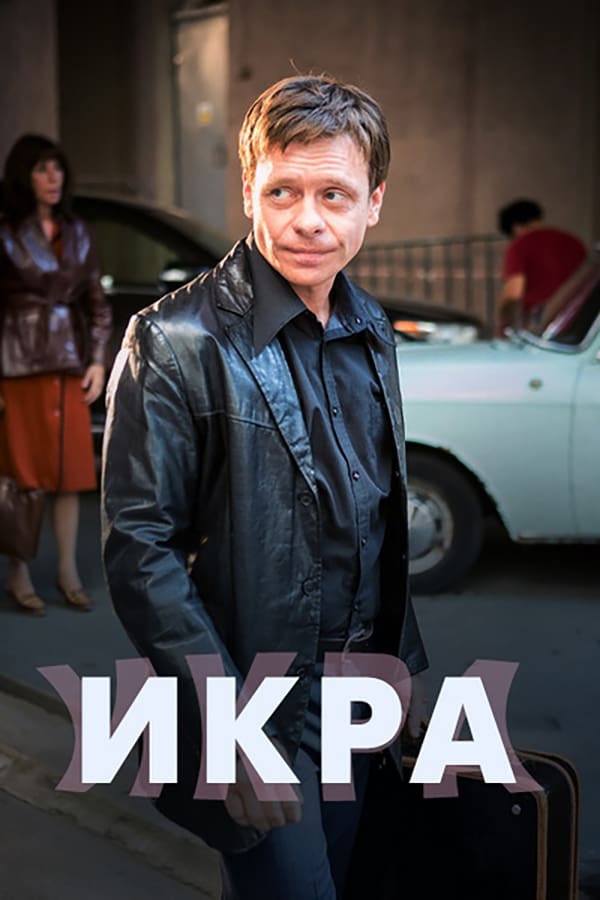
1979. In a seaside town, in a fishing port, Mikhail Fedorov, an investigator of the OBKhSS, dies under mysterious circumstances. His best friend and colleague Alexander Kostenko learns that Fedorov's death was not an accident. He was about to take up the investigation himself, but suddenly, without explanation, he was suspended. In search of justice, Kostenko flies to Moscow for an appointment with the Prosecutor General. At Sheremetyevo Airport, he becomes an unwitting witness to the illegal transportation of a large amount in foreign currency. Vigilant Kostenko initiates the detention and arrest of the "currency courier" - a senior employee of the Ministry of Fisheries Arkady Lipman. With his professional acumen, rare integrity and meticulousness, Kostenko attracts the attention of not only the leadership of the General Prosecutor's Office of the USSR, but also party officials and the leadership of the Ministry of Fisheries, who are directly related to the currency scandal…
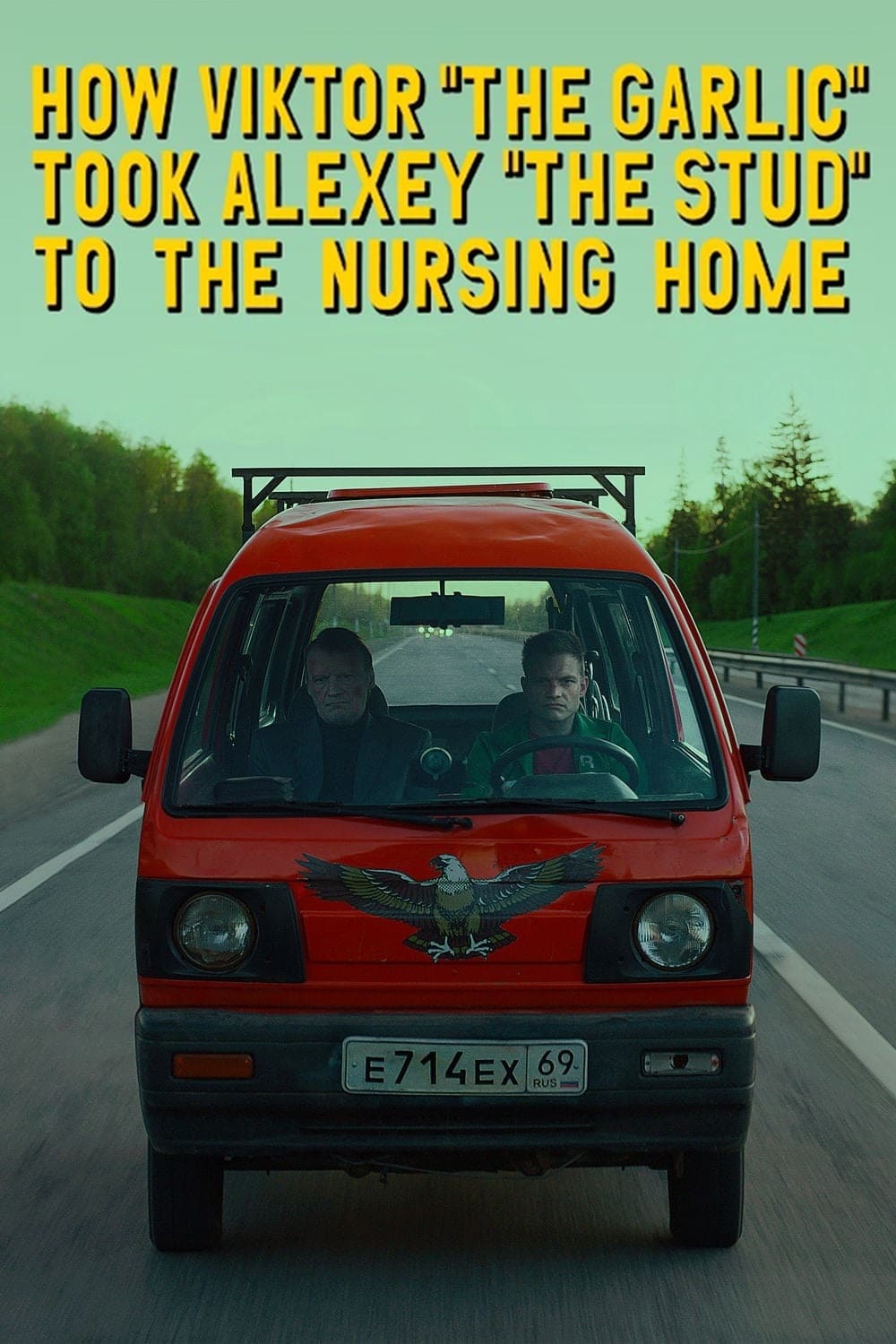
Viktor spends his free time trawling bars with ladies of questionable repute, from where he is picked up by a wife he doesn’t love, the mother of a child they never planned. Viktor himself was abandoned by his own father, his mother then committed suicide, and he was left to grow up in an orphanage. Years later, his errant dad returns, now a disabled felon, and Viktor discovers a timely legacy is in the offing – his father’s apartment. The documentation for securing dad’s move into an old people’s home is signed in a flash. Nevertheless, the only one that can take him is miles away and, what’s more, the invalid starts to recuperate during the journey, which is when their real problems begin.
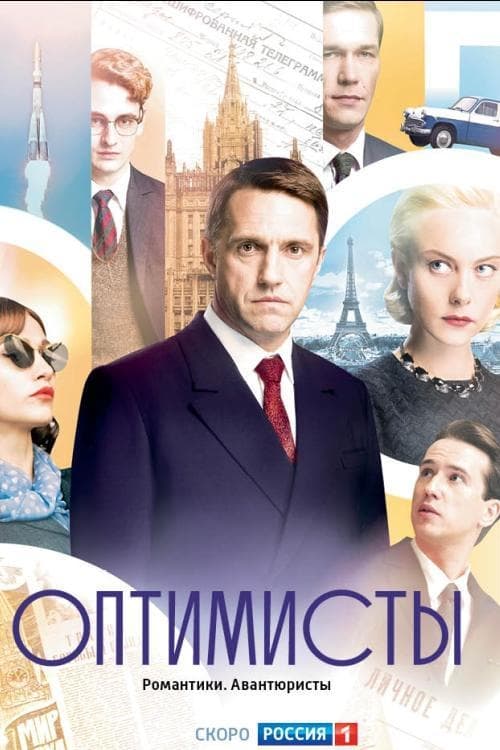
The early 1960s. The Soviet Union is experiencing a bright Khrushchev-era, full of hope. A group of young diplomats at the Ministry of Foreign Affairs come face to face with world-changing global events. Before long, these wide-eyed idealists find themselves deep in the breathtaking world of spy games, mortal dangers, and brilliant political maneuvering.
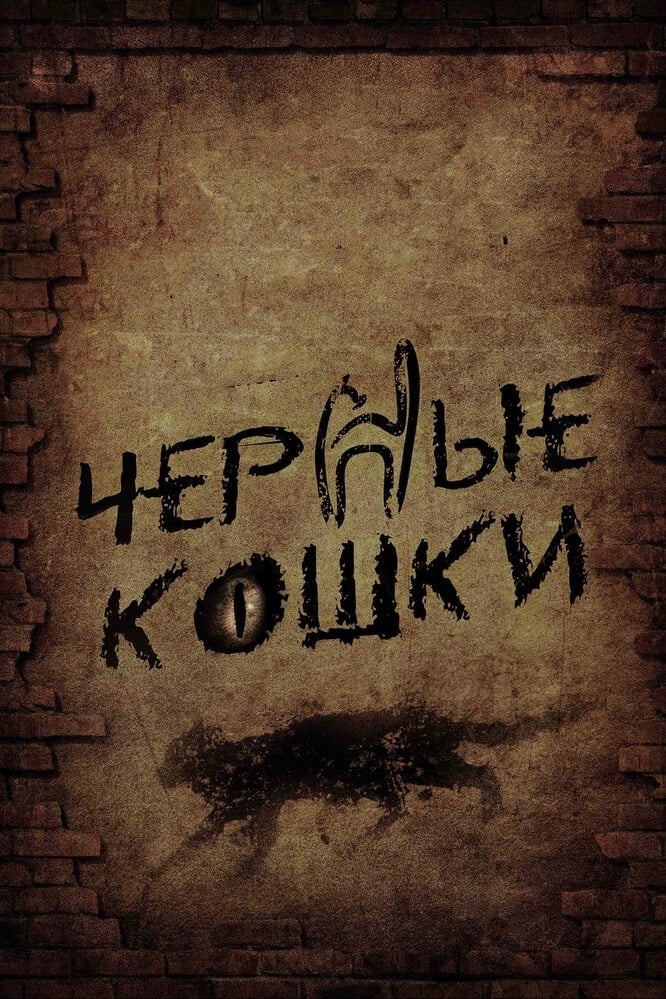
1947 Hunger and devastation reign in the war-drained country. Bread is worth its weight in gold, and the cost of human life is zero. Cities are controlled by criminal gangs: like black cats, they come undetected under the cover of darkness and easily disappear from the crime scene. A gang operating in Rostov-on-Don is robbing a food warehouse, but OBB Major Yegor Dragun suspects that this is not the work of ordinary criminals..
Andrei Sergeyevich Smirnov (Russian: Андpeй Сepгeeвич Смирнов; born March 12, 1941) is a Soviet and Russian actor and filmmaker who is known for directing the films Belorussian Station (1971), Autumn (1974) and A Frenchman (2019). He was a member of the jury at the 38th Berlin International Film Festival in 1988.
By browsing this website, you accept our cookies policy.